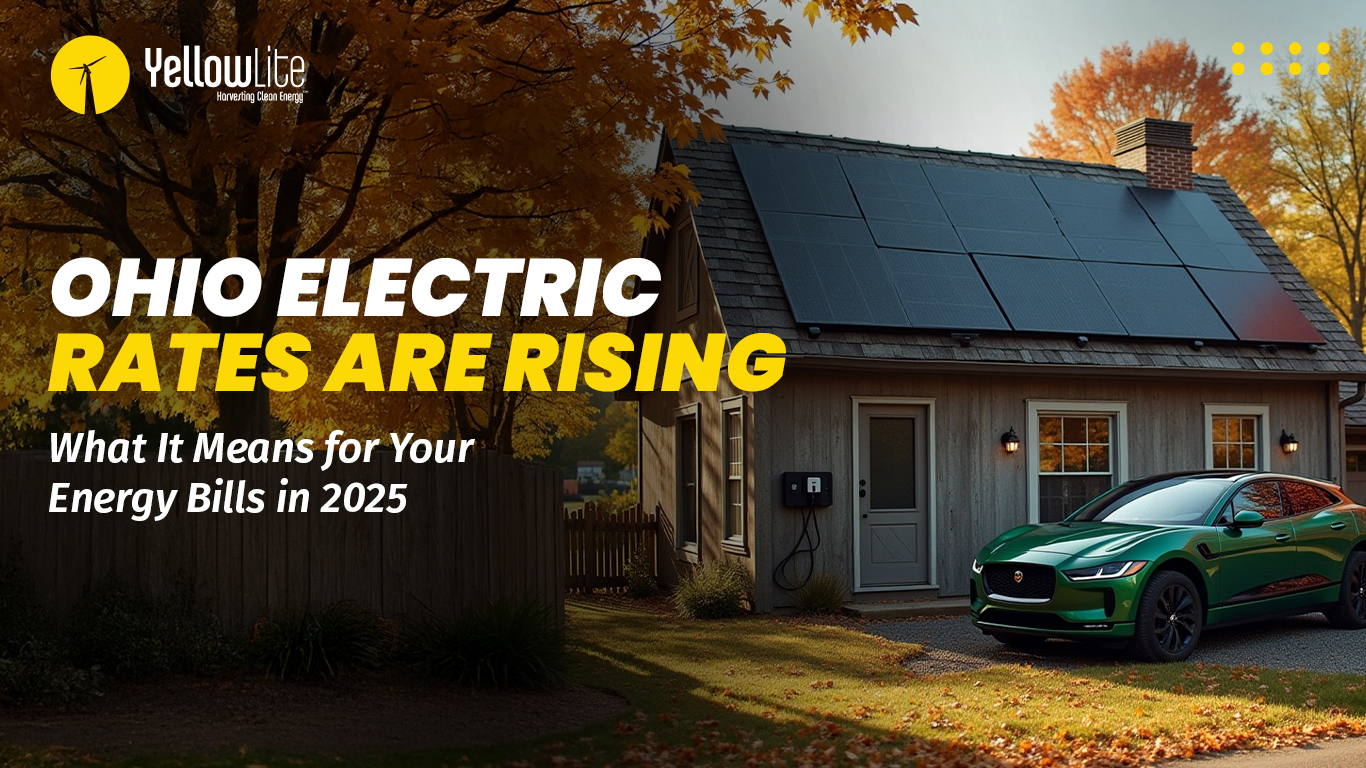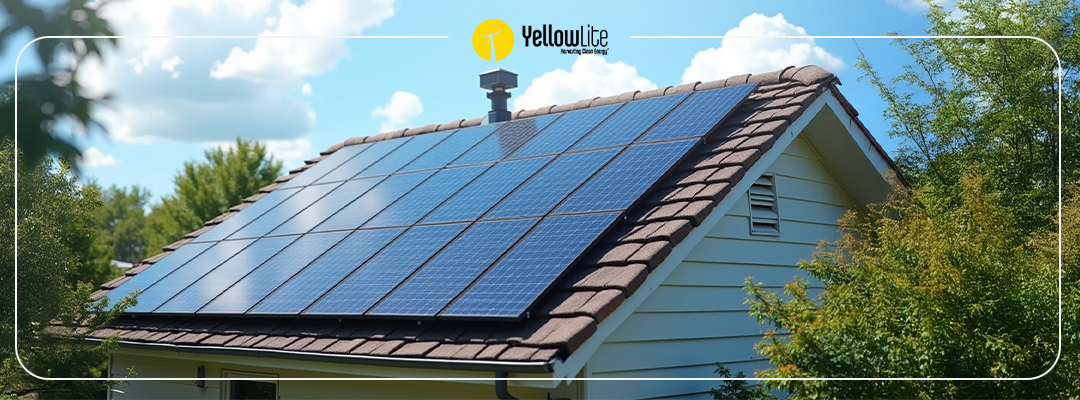For most residential solar buyers, rooftop installation is the ideal location. Mainly because Ground-Mounted solar panels take up a lot of space, and the majority of residential owners don’t have enough ground space left after the backyard basketball play area. However, certain hindrances make rooftop installation unviable.
Some roofs are small or have too many vents, chimneys, or skylights, making it impossible to mount a series of panels. On some roofs, there are too many tree shades making solar untenable due to low light. There are also roofs, which have a perfect plain area but do not face a southern direction. In the United States, the sun shines the brightest from the south. In order to allow solar panels to absorb maximum sunlight, they should be facing towards the south.
Can Your Roof Bear The Weight?
A roof might seem solid to you, but its inner condition remains unknown unless a proper roof inspection is done. We have seen instances where owners are confident about their roof being able to bear the weight of solar panels. However, after inspection, the roof was found weak with mold all over the place. Here is our guide on mistakes to avoid when installing solar panels. Solar panels are heavy and need proper mounting and racking. These mounts need to be bolted down on the roof in order to make them secure. So keeping in mind different scenarios, there are times when the best option is to mount the solar panels on the ground.
How Ground-Mounted Solar Panels are installed
For installing ground-mounted solar panels, firstly the ground surface would need to be treated and prepared for the structure. To secure the metal poles, we dig a deep hole beneath the thaw line and then pour concrete to settle the poles. The foundation metal poles are left to dry as the trenching lines are created for laying the power cables. Regarding the distance of solar arrays from the house, it is recommended to not go away more than 500 feet. Theoretically, you could place your solar energy system 1 kilometer away from the house, but it isn’t recommended.
When the concrete foundations of metal poles are dried, then solar mounting and racking are fixed, along with cables in the trench line. Generally, ground mount solar energy systems use string inverters, because on the ground there is less of a chance of partial shading.
Advantages of Ground Mounted Solar Panels
If the property has a lot of land, the possibilities for a ground mount solar system are limitless. There is no space restriction, the owner can get any type and size of solar panel installed, up to 650W of solar panel. Expansion at a later stage is also very easy and convenient. There is no need to redo all the stuff when expanding. Simply expanding the power cable and setting up new solar panels does the job.
Adjustable angle
The performance of ground-mounted solar panels is slightly more efficient simply due to the nature of the installation. On the roof, we have limited space for adjusting the angle of the solar panel. With a ground-mounted system, you can adjust the angle of solar panels according to the precise location of the sun; this results in better solar power production.
Better Airflow
Ground-mounted solar panels have a better airflow, keeping them cool in hot temperatures. There is a direct correlation between cooler temperatures and higher efficiency. Solar panels work best when they are at a normal temperature and not extremely hot. On the roof, the panels have literally no space underneath for any airflow. With constant air flow, the ground-mounted solar panels remain cool, thus providing superior efficiency.
Easy To Clean
Solar panels do not require any constant cleaning and maintenance. It's fairly easy to knock heavy snow drifts off the panels in winter. In summer, it doesn’t take much time to wash off any dirt or leaves easily, to keep solar panels fully efficient.
Not Sure Which One To Choose?
So which one is better? Well, like all things in life, it depends. Neither of both panel mounting types is better than the other. You must take into account your scenario and decide for yourself, which option suits you better. If you have any confusion about what type of panel you should install, contact YellowLite solar experts, who will guide you thoroughly with facts and figures, making your transition to solar a bliss.



